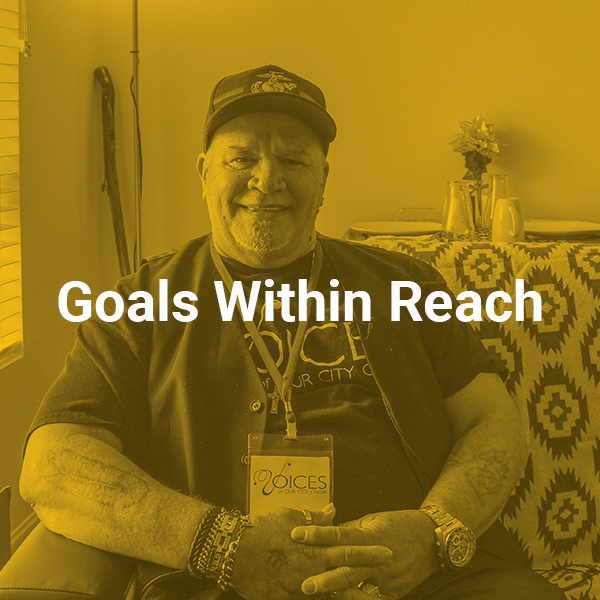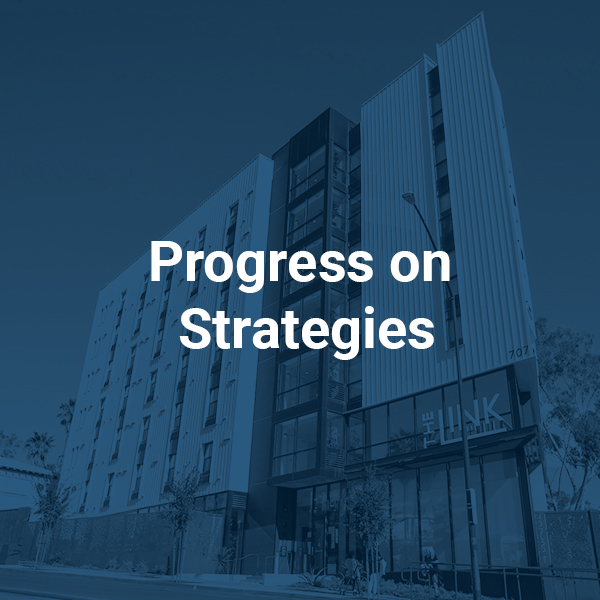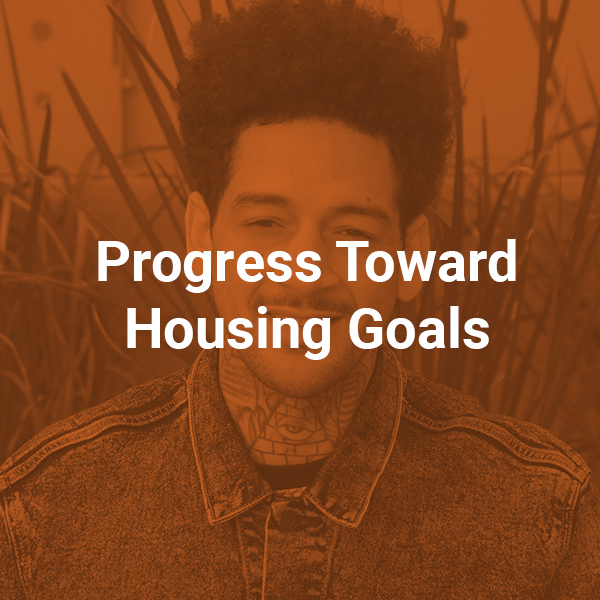Click the buttons below to view performance data on progress towards the Action Plans goals within reach, progress on strategies, and progress toward housing goals.
Goals Within Reach
Three goals have been identified that are within the City’s reach within three years. Click on the links below to view performance data under each of the three goals.



